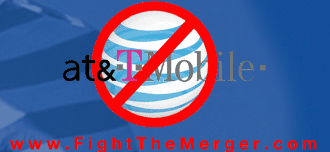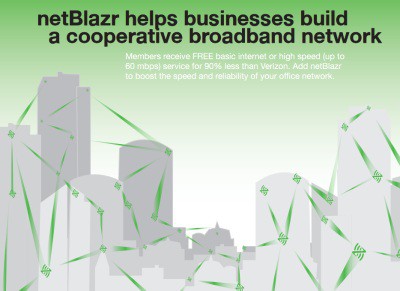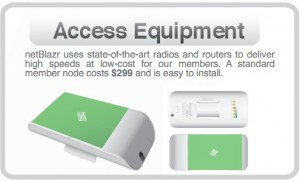 Don’t like the prospects of a merger between AT&T and T-Mobile and worried your AT&T bill will increase as a result? If you are an AT&T on-contract customer, the New York law firm of Bursor & Fisher wants to talk to you.
Don’t like the prospects of a merger between AT&T and T-Mobile and worried your AT&T bill will increase as a result? If you are an AT&T on-contract customer, the New York law firm of Bursor & Fisher wants to talk to you.
Scott A. Bursor, the founding partner of the firm, says he wants to represent AT&T customers to help stop the proposed merger, or win significant financial concessions on behalf of those who could face skyrocketing cell phone bills as a result of reduced competition in the marketplace:
AT&T’s $39 billion takeover of T-Mobile would turn back the clock to the era of the Ma Bell monopoly. The deal would give AT&T and Verizon control over 80% of the wireless market, would stifle the competitive market forces that would otherwise help to keep prices down, and would stifle new products and innovation.
AT&T’s claim that the takeover will help improve network quality makes no sense. T-Mobile’s network overlaps almost entirely AT&T’s. And AT&T already has more spectrum than any other company. In most areas, AT&T already holds at least 40 MHz of spectrum it is not even using. AT&T is keeping that spectrum off the market, which prevents competitors from using it to provide better service at lower prices.
Turning back the clock to the Ma Bell monopoly era will allow AT&T and Verizon to dictate what type of phone you can use, how you can use it, and what you will pay. It will destroy competition, leading to higher prices and worse service.
Since AT&T’s wireless contracts specifically prohibit customers from suing the company for any reason, the law firm seeks to pursue the alternative “mandatory arbitration” specified by AT&T in an effort to either derail the merger or force the price much higher.
Customers who retain the law firm on their website can expect the firm to follow four steps that could bring arbitration awards as high as $10,000 per customer:
First, when you sign up, you will receive a confirmation email with a copy of our retainer agreement. We will also provide you with the an email address where you can contact us if you have any questions or concerns about the process.
Second, shortly after you sign up, we will send a letter on your behalf by certified mail to AT&T giving them notice that you intend to file an arbitration seeking to enjoin the takeover of T-Mobile. This is the first hoop you have to jump through to bring an arbitration under the fine print of AT&T’s Arbitration Agreement. We will send you a copy of that letter by email.
Third, if AT&T does not agree to cease and desist from completing the merger within 30 days, we will file a demand for arbitration on your behalf with the American Arbitration Association. The demand will include extensive evidence and legal authority we have gathered to prove that AT&T’s takeover of T-Mobile will harm competition in violation of the Clayton Antitrust Act. We will email you a copy arbitration demand when it is filed.
Fourth, our team of lawyers will litigate your arbitration case aggressively to make sure that your arbitration rights, and your rights under the antitrust laws, are protected. If we are successful, we may seek a $10,000 payment for you.
AT&T scoffs at the effort, releasing a statement calling Bursor & Fisher’s actions “completely without merit.” Company officials also claimed arbitrators have no standing to block a corporate merger, hinting the endeavor may be more about winning the law firm a substantial payout than representing the interests of consumers.
Bursor & Fisher are not pursuing AT&T for free. The attorneys will deduct 50 percent of any award as their contingency fee — a percentage considerably higher than the more common 33-40 percent attorneys usually deduct, and this does not include further reductions to cover any “costs” advanced by the firm.
We found this somewhat curious, considering AT&T’s own arbitration legalese already provides for an attorney premium in their award — twice the amount of any legal fees and reimbursement of expenses. So deducting an additional 50 percent and taking fees from any consumer awards seems like a case of unfair double-dipping.
But since you are not obligated to pay a cent in fees, anything you might manage to walk away with is more than you started with.


 Subscribe
Subscribe






